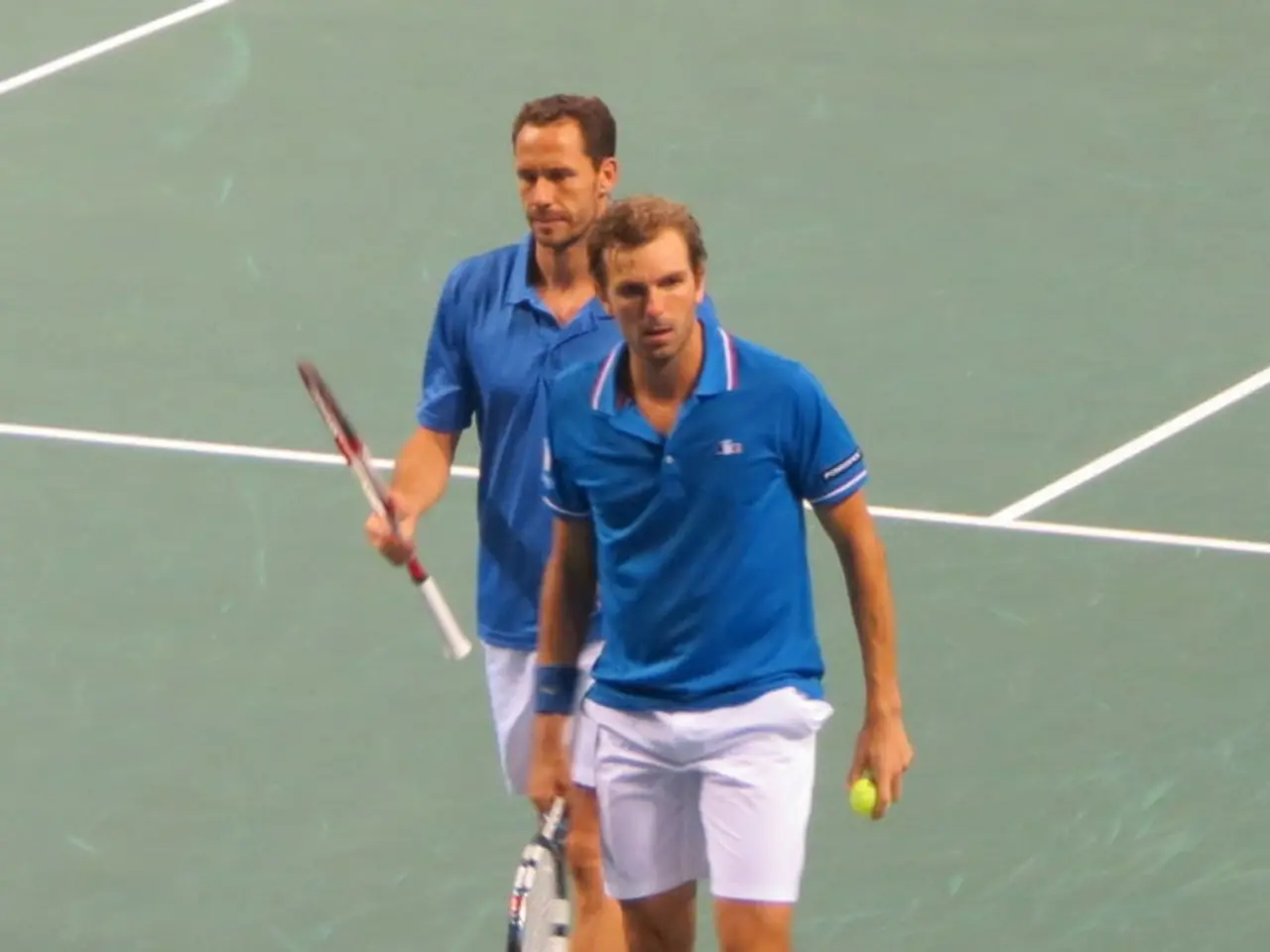Uncompensated athletes, corrupt administrators, and poor management plague the world of cricket
In the world of cricket, a growing concern is the issue of unpaid wages, particularly in lesser-known leagues outside premier competitions like The Hundred, the Big Bash, and the Indian Premier League. Lawyer Matthew Showler, representing affected cricketers, recently stated that not being paid for services has a significant financial impact on players and their families, a sentiment echoed by the World Cricketers' Association (WCA).
The Max60 Caribbean league, featuring notable players such as David Warner, Shakib Al Hasan, Alex Hales, and Carlos Brathwaite, was cut short due to players going on strike, as a result of an alleged failure by the tournament's organizers to make payments that were due a month before the start of the tournament. This incident is not an isolated one, as similar issues have been reported in other franchise leagues.
The WCA considers this incident as a reflection of broader issues within the sport, and suggests that in every other industry, failing to pay workers year after year would lead to serious consequences, but in cricket, it often goes unchecked. In an effort to improve accountability and governance, several measures are being proposed.
One of the key proposals is the implementation of escrow account requirements, where leagues must deposit all funds needed to pay players into a secure escrow account before the tournament starts, ensuring the availability of player payments. Other proposals include payment guarantees, minimum contract standards, and efficient dispute resolution and contract enforcement mechanisms.
The ICC has shown intent to pursue rogue national boards, but its member-run structure can stymie reform. These practical measures focusing on financial safeguards and dispute frameworks are critical to protect players globally. Currently, lack of transparent, effective dispute mechanisms and poor governance allow non-payment and exploitation to persist.
In other global professional sports, there are established systems in place to prevent and resolve such issues, but this seems lacking in cricket. Oman's players have complained about never receiving any prize money banked by their country from the International Cricket Council for performances at last year's T20 World Cup, highlighting the need for change.
The lack of transparency and effective processes for players to raise disputes enables this behavior to persist without adequate accountability. The WCA believes that these issues undermine the professionalism of cricket, a sport that aspires to be the second biggest in the world.
As the cricket community continues to grow, it is essential that the welfare of its players is prioritized. The proposed measures aim to create a more equitable and fair environment for all cricketers, ensuring they receive the compensation they deserve for their hard work and dedication to the sport.
[1] Source: World Cricketers' Association press release, 2023.




